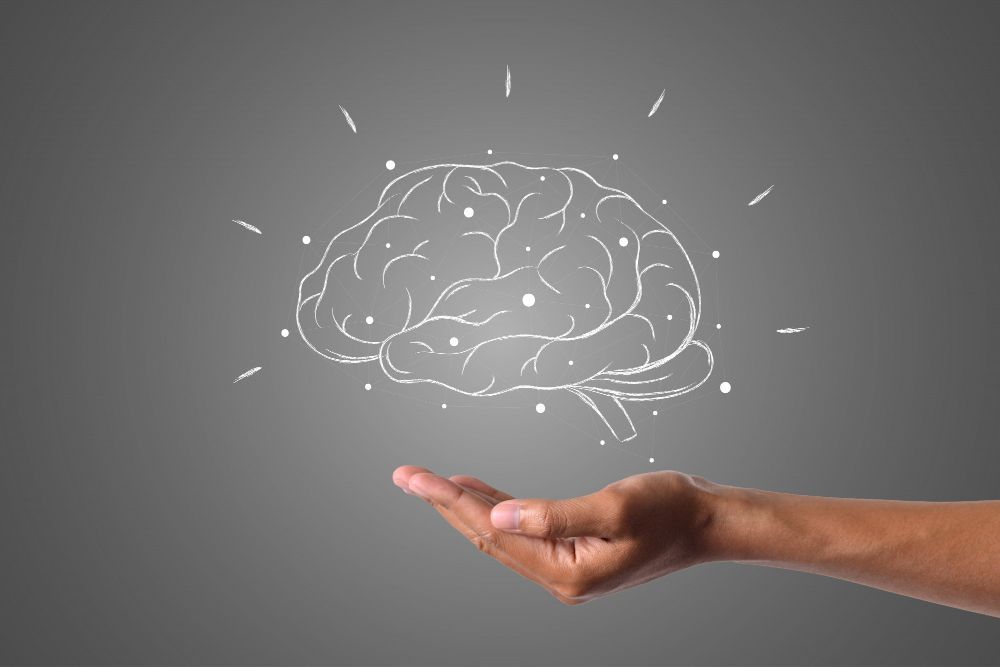ADHD assessments for children
Children with ADHD can seem restless, distracted, angry, and impulsive. Most often children are diagnosed before the age of 12, but it may also be diagnosed later in life if the difficulties have not been understood or missed.
If you suspect your child has ADHD, a Private ADHD Assessment for Children can give you peace of mind.
What does an ADHD Assessment for Children Involve?
There is no simple test to determine whether a child has ADHD or not, but your clinician will offer a detailed assessment consisting of interviews with all key people in your child's life. There are often unique differences in ADHD in girls and boys, which your clinician is specially trained to identify.


What Happens if My Child Receives an ADHD Diagnosis?
A child suffering from ADHD needs treatment across all situations where the difficulties occur. This means support and help at home, school, with friends and community.
If the clinician has determined the appropriateness of an ADHD diagnosis for your child, they will discuss treatment options with you. These could include ADHD medication and psycho-education. These are both effective solutions to help your child with ADHD
Schedule your free consultation today.
Take the first step toward clarity and empowerment. Schedule your free pre-assessment call and lets work toward a focused and fulfilling life
Why Choose AG & Co Health?
Your ADHD Assessment at AG & Co Health
- An expert in mental health with 15 years' experience
- Currently working in both public and private practice - in the NHS Children & Adolescent Mental Health Services (CAMHS)
- Specialism in complex neurodiverse conditions in children and adults such as: ADHD, Autism, Tics, and mood disorders including anxiety & depression
- Patient-centred and evidence-based approach
- Expert advice
- Thorough treatment plan and support for your child
- Online and in-person assessments
- An understanding of ADHD in different genders and race
ADHD in Children
ADHD is a behavioural disorder which often becomes obvious in early childhood. The behaviours are due to underlying problems of poor attention, hyperactivity and impulsivity.
Many children are inattentive and restless. This does not necessarily mean they are suffering from ADHD. The inattention or hyperactivity becomes diagnosed when they are exaggerated, compared with other children of the same age, and when they affect the child, their school, social and family life.


What Causes ADHD?
We know from research studies that genes play an important role in whether someone has ADHD
Sometimes parents feel blamed for not having controlled their child, but there is no evidence that poor parenting directly causes ADHD. However, it is important to note that parents can play a crucial role in helping and managing a child with ADHD.
ADHD Assessments for Children
Private ADHD Assessments for Children
When assessing young people for ADHD a clinical interview is carried out with the young person, parents and teachers prior to formal diagnosis, this will also include the use of assessment tools and rating scales. The National Institute for Health and Care Excellence (NICE) guidelines states that a diagnosis of ADHD should be based upon a full clinical and psychosocial assessment, and full developmental history to support symptoms of hyperactivity-impulsivity and/or inattention according to the Diagnostic and Statistical Manual of Mental Disorders 5th Edition (DSM-5) or the International Classification of Diseases 11th Revision (ICD-11).


